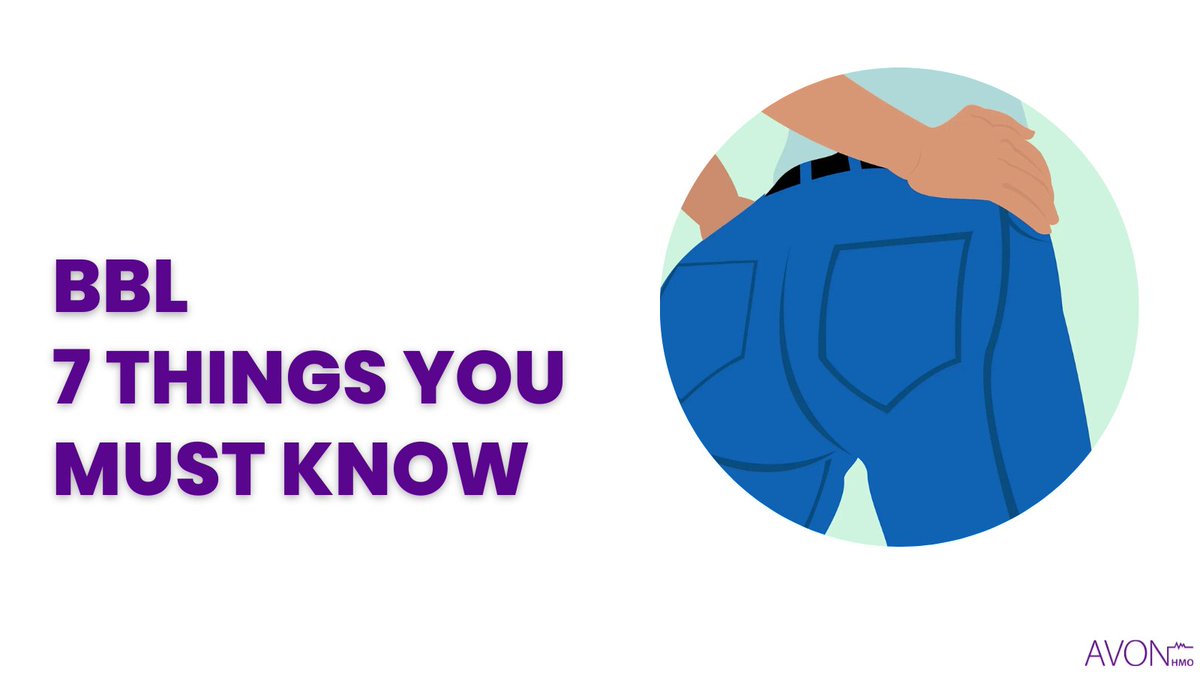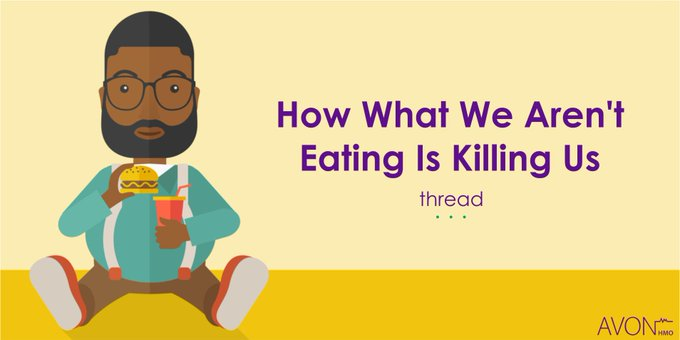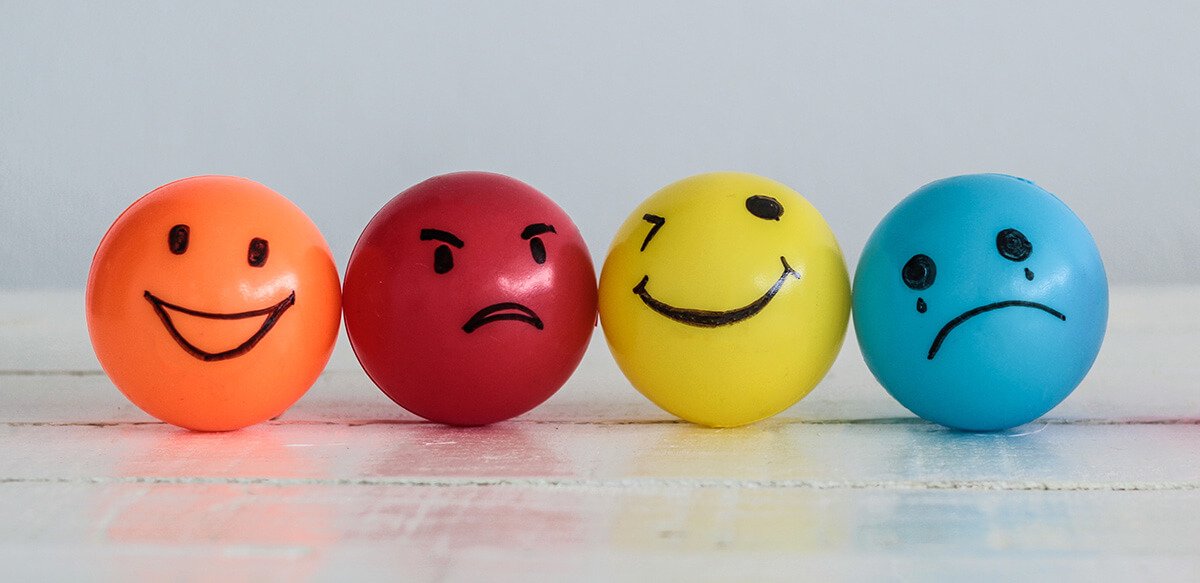Fact: Insomnia is not the only sleep disorder.
Whenever someone is experiencing difficulties with sleep, they're quick to blame insomnia. However, there are many other reasons responsible for sleeplessness.
Here are 9 of them...
#AvonsPracticalTips #HealthyLiving
Whenever someone is experiencing difficulties with sleep, they're quick to blame insomnia. However, there are many other reasons responsible for sleeplessness.
Here are 9 of them...
#AvonsPracticalTips #HealthyLiving

1. Nocturia
This is a condition that makes patients make many trips to the bathroom during the night, thus making it hard to get enough sleep. Nocturia can affect people at any age, but it mainly affects those over 60.
#AvonsPracticalTips #HealthyLiving
This is a condition that makes patients make many trips to the bathroom during the night, thus making it hard to get enough sleep. Nocturia can affect people at any age, but it mainly affects those over 60.
#AvonsPracticalTips #HealthyLiving
For women, nocturia can be a consequence of menopause, childbirth, or pelvic organ prolapse; for men, it can be attributed to an enlarged prostate. A number of other conditions, such as heart disease, can contribute to nocturia, as well.
#AvonsPracticalTips #HealthyLiving
#AvonsPracticalTips #HealthyLiving
There are controllable contributing factors too, including caffeine and alcohol intake and the amount of fluid you drink before bedtime. Since some of the factors are within your control, making lifestyle changes might help.
#AvonsPracticalTips #HealthyLiving
#AvonsPracticalTips #HealthyLiving
2. Sleep apnea
You might have heard of this before. It's a condition in which a person's breathing stops and starts throughout the night, thus disrupting their sleep.
#AvonsPracticalTips #HealthyLiving
You might have heard of this before. It's a condition in which a person's breathing stops and starts throughout the night, thus disrupting their sleep.
#AvonsPracticalTips #HealthyLiving
Sleep apnea triggers sleep disruptions by causing a person to wake up and then have difficulty falling back asleep. It can also cause patients to gasp for air while sleeping, as well as loud snoring.
#AvonsPracticalTips #HealthyLiving
#AvonsPracticalTips #HealthyLiving
Sleep apnea can be managed a number of ways. Some patients use a device called a positive airway pressure (PAP) machine that can help keep their airway open while they sleep. Maintaining a healthy weight and eating heart-healthy foods are also recommended.
#AvonsPracticalTips
#AvonsPracticalTips
3. Prescription stimulants
Many medications can make it difficult to fall asleep at night—specifically, stimulants taken by individuals with attention-deficit hyperactivity disorder.
#AvonsPracticalTips #HealthyLiving
Many medications can make it difficult to fall asleep at night—specifically, stimulants taken by individuals with attention-deficit hyperactivity disorder.
#AvonsPracticalTips #HealthyLiving
Decreased sleep is a known side-effect of the use of prescription stimulants, and, for this reason, people who depend on the medications might need to consider taking them earlier in the day, rather than right before bedtime.
#AvonsPracticalTips #HealthyLiving
#AvonsPracticalTips #HealthyLiving
4. Steroids
Corticosteroids help reduce inflammation, which means they are used to treat a number of conditions like asthma, arthritis, autoimmune diseases (lupus, multiple sclerosis), certain cancers & some common skin conditions (eczema).
#AvonsPracticalTips #HealthyLiving
Corticosteroids help reduce inflammation, which means they are used to treat a number of conditions like asthma, arthritis, autoimmune diseases (lupus, multiple sclerosis), certain cancers & some common skin conditions (eczema).
#AvonsPracticalTips #HealthyLiving
While steroids can be extremely beneficial, they can also cause individuals to have a harder time falling asleep.
If you’ve been prescribed steroids that are making it impossible to sleep through the night, discuss with your doctor.
#AvonsPracticalTips #HealthyLiving
If you’ve been prescribed steroids that are making it impossible to sleep through the night, discuss with your doctor.
#AvonsPracticalTips #HealthyLiving
5. PTSD
Post-traumatic stress disorder (PTSD), is a condition that develops in response to traumatic events that people either experience or witness (accidents, sudden, loss of a loved one, etc). One symptom is having difficulty sleeping at night.
#AvonsPracticalTips
Post-traumatic stress disorder (PTSD), is a condition that develops in response to traumatic events that people either experience or witness (accidents, sudden, loss of a loved one, etc). One symptom is having difficulty sleeping at night.
#AvonsPracticalTips
PTSD can keep people awake for multiple reasons. It could be because individuals with the disorder feel they need to be on guard at all times, or it could be due to negative thoughts that make falling asleep challenging.
#AvonsPracticalTips #HealthyLiving
#AvonsPracticalTips #HealthyLiving
Additionally, nightmares can contribute to the issue. Many different treatments can help alleviate the symptoms of PTSD, including talk therapy and certain medications.
#AvonsPracticalTips #HealthyLiving
#AvonsPracticalTips #HealthyLiving
6. Dementia
This is defined as "a loss of mental functions that is severe enough to affect your daily life and activities" and disrupted sleep is among the many symptoms.
#AvonsPracticalTips #HealthyLiving
This is defined as "a loss of mental functions that is severe enough to affect your daily life and activities" and disrupted sleep is among the many symptoms.
#AvonsPracticalTips #HealthyLiving
While there are no known cures for dementia, a number of treatments can be used to manage it. Medications can help with symptoms such as disrupted sleep and anxiety, while therapy and mental health counselling are also used to treat the condition.
#AvonsPracticalTips
#AvonsPracticalTips
7. Pain
It’s no secret that pain can make it difficult to fall asleep at night. Whether it’s a pounding headache or a gnawing stomach ache, chances are some form of pain has caused you to stay awake for longer than you wanted to at least once or twice.
#AvonsPracticalTips
It’s no secret that pain can make it difficult to fall asleep at night. Whether it’s a pounding headache or a gnawing stomach ache, chances are some form of pain has caused you to stay awake for longer than you wanted to at least once or twice.
#AvonsPracticalTips
Chronic pain of any type can make getting enough sleep difficult. If your pain management routine isn’t working well enough to allow you to get enough sleep, you might want to consider having a conversation with your doctor about alternatives.
#AvonsPracticalTips #HealthyLiving
#AvonsPracticalTips #HealthyLiving
8. Restless legs syndrome
Restless legs syndrome (RLS) causes people to feel an urge to move their legs and can make it difficult to fall—and stay—asleep.
#AvonsPracticalTips #HealthyLiving
Restless legs syndrome (RLS) causes people to feel an urge to move their legs and can make it difficult to fall—and stay—asleep.
#AvonsPracticalTips #HealthyLiving
While the exact cause of RLS is unknown, it has been linked to certain medications, as well as alcohol, caffeine, and nicotine use.
#AvonsPracticalTips #HealthyLiving
#AvonsPracticalTips #HealthyLiving
There's no cure for RLS, but lifestyle changes, like cutting back on identifiable triggers, can help with the management of RLS, as can certain prescribed medications.
#AvonsPracticalTips #HealthyLiving
#AvonsPracticalTips #HealthyLiving
9. Various lifestyle factors
Because so many different lifestyle factors affect how much sleep you get, it can be difficult to pinpoint what's causing inadequate sleep.
#AvonsPracticalTips #HealthyLiving
Because so many different lifestyle factors affect how much sleep you get, it can be difficult to pinpoint what's causing inadequate sleep.
#AvonsPracticalTips #HealthyLiving
Still, you can start narrowing down your triggers: dietary and lifestyle habits, caffeine, alcohol, nicotine, etc.
Additionally, napping during the day (especially now that many of us are working from home) can throw off your nighttime routine.
#AvonsPracticalTips
Additionally, napping during the day (especially now that many of us are working from home) can throw off your nighttime routine.
#AvonsPracticalTips
Even healthy habits, such as exercising, can affect how much sleep you get: Exercising too close to your bedtime can have a negative effect on your sleeping routine.
#AvonsPracticalTips #HealthyLiving
#AvonsPracticalTips #HealthyLiving
If you’ve tried working through all of the (many) lifestyle habits that can affect how much sleep you get each night and you still find yourself exhausted during the day, check with your doctor.
Do have a good and restful evening.
#AvonsPracticalTips #HealthyLiving
Do have a good and restful evening.
#AvonsPracticalTips #HealthyLiving
• • •
Missing some Tweet in this thread? You can try to
force a refresh









